MyelomaASCO23
Dr. Cerchione discusses the importance of ensuring adequate representation in multiple myeloma clinical trials.
The response rates seen with talquetamab in the trial were "very impressive," Dr. Schinke said.
Researchers are evaluating the combination to establish a recommended phase III dose for the first-line setting.
Advertisement
The study evaluated teclistamab in patients with relapsed or refractory multiple myeloma.
In the trial, patients received talquetamab at 0.4 mg/kg weekly or 0.8 mg/kg every two weeks.
The phase II study evaluated linvoseltamab, a bispecific antibody targeting BCMA and CD3, in relapsed or refractory MM.
Advertisement
Dr. Mohan discusses her 2023 ASCO Annual Meeting presentation with Chadi Nabhan, MD, MBA, FACP.
Patients treated with the higher dose had higher overall response rates.
Dr. Bansal and colleagues presented the results of the study at the 2023 ASCO Annual Meeting.
Approximately one-third of the heavily pretreated patients in the small study responded to therapy.
The overall response rate was 87.8% with 73% of patients achieving complete response.
The median time from last dose of selinexor to anti-BCMA therapy was eight weeks.
Improvement of nontarget lesions was noted in five of 25 patients (20%).
Health care disparities have been an "ongoing issue" for patients with cancer, especially in multiple myeloma.
At the ASCO meeting, researchers presented results of the trial with 22 months of follow-up.
The ongoing, long-term CARTITUDE study will continue to follow these patients for safety and survival.
Sikander Ailawadhi, MD, speaks about the Mayo Clinic's efforts to address health care disparities.

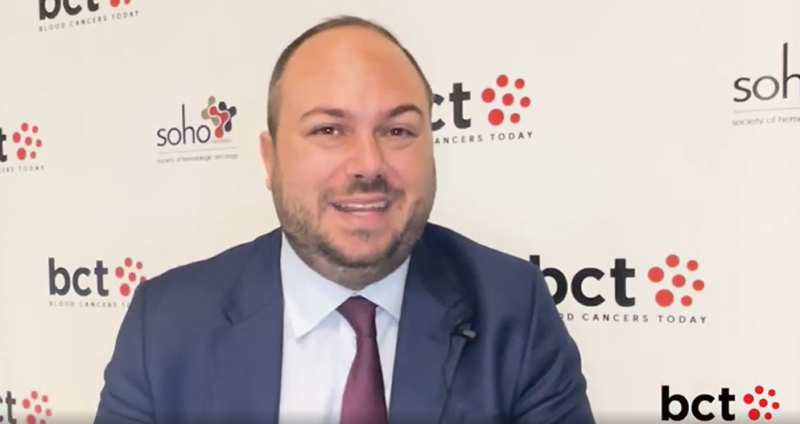
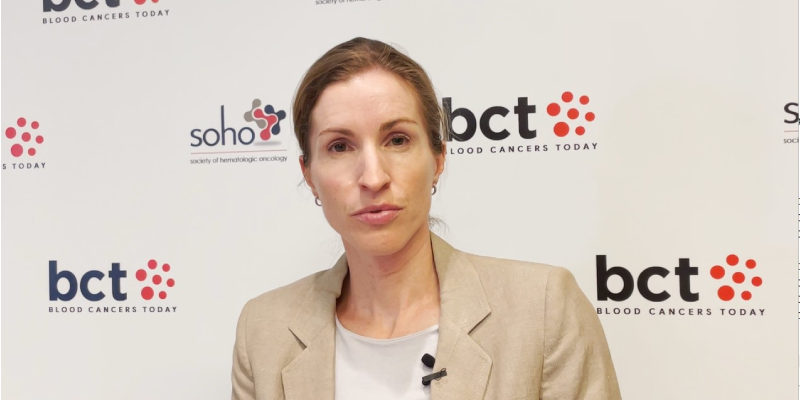

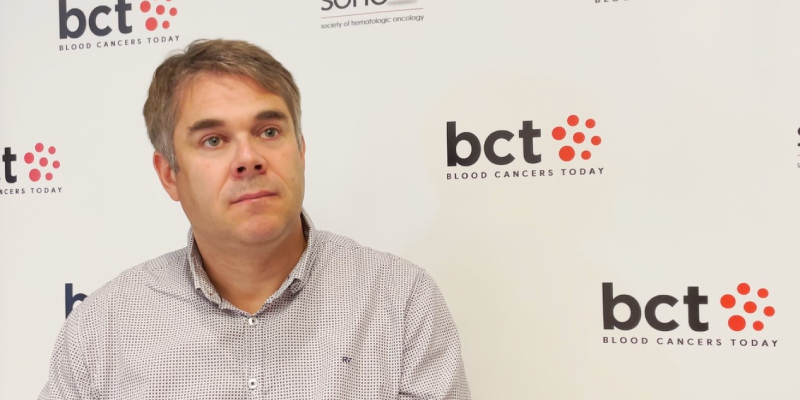
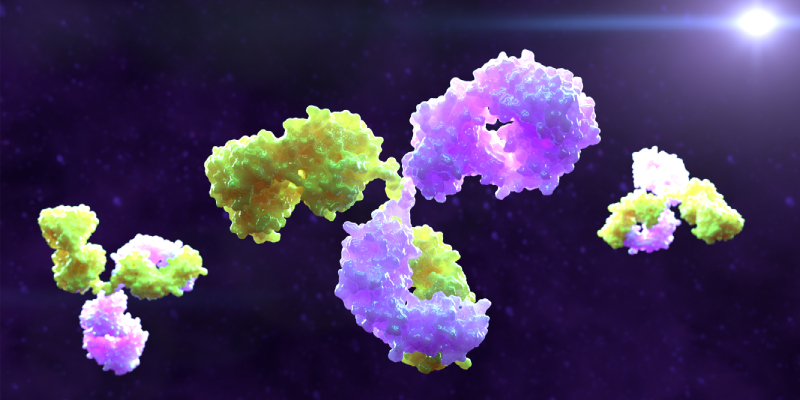
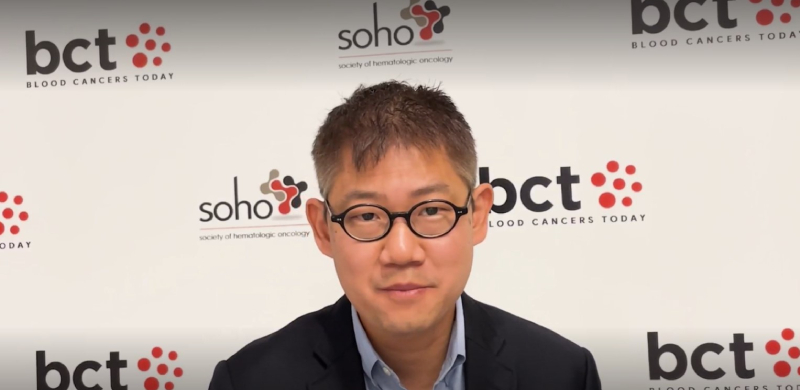
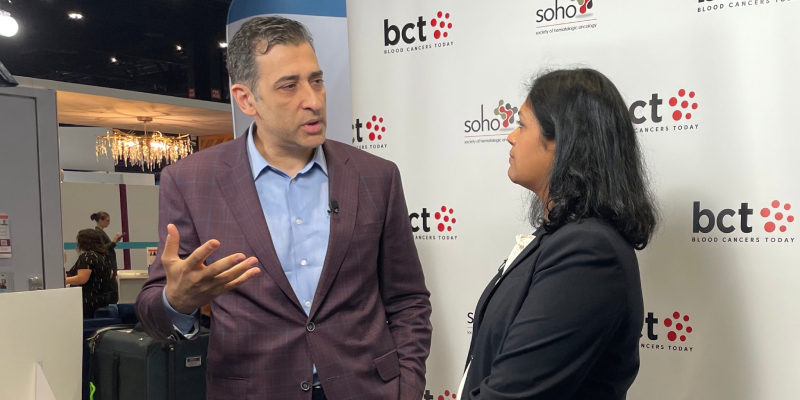
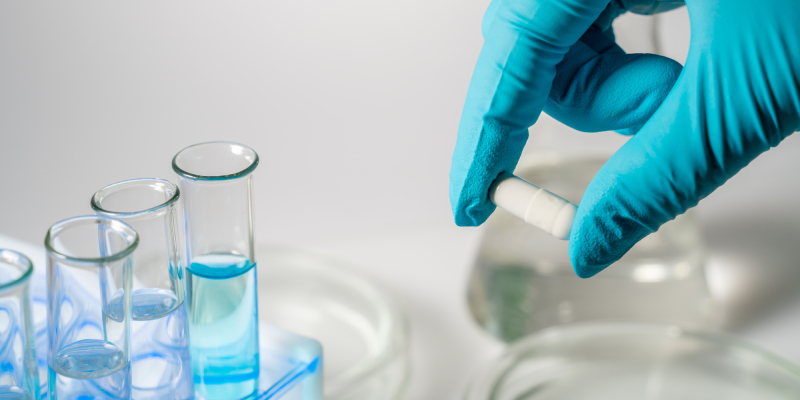
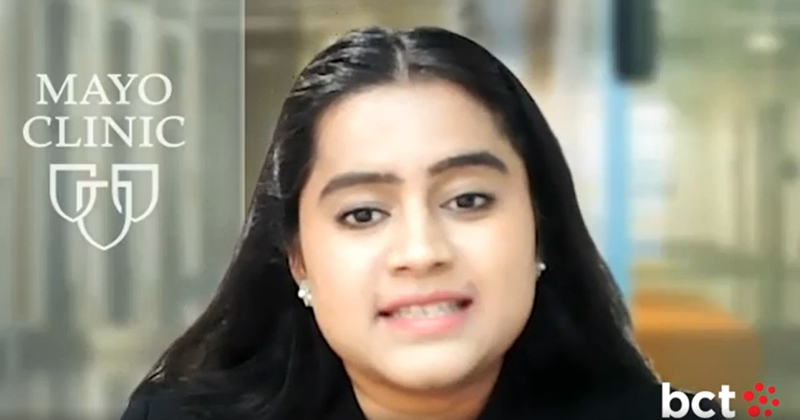

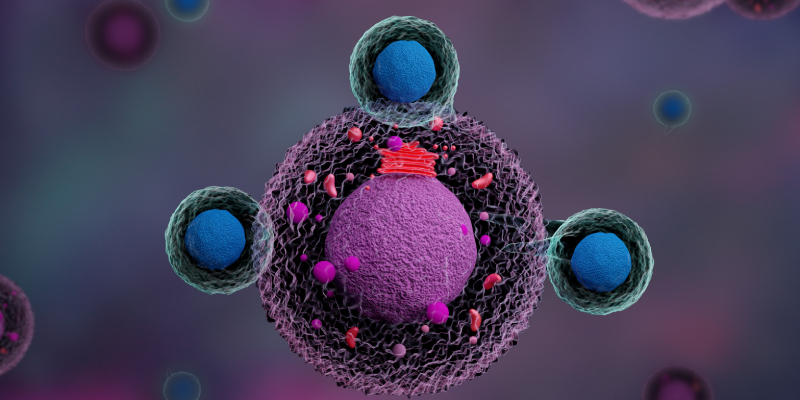
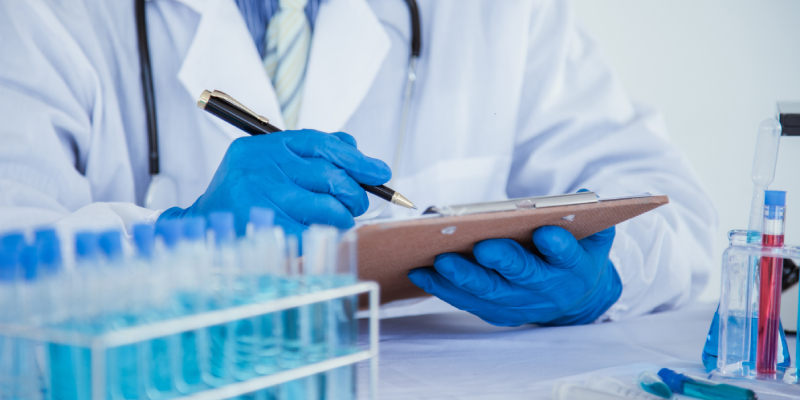
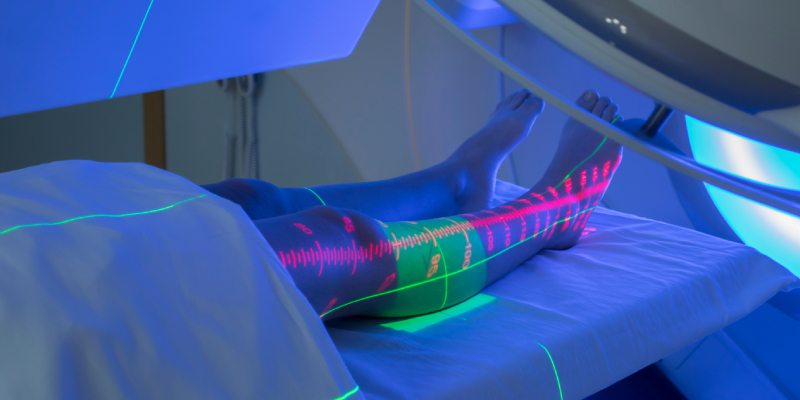
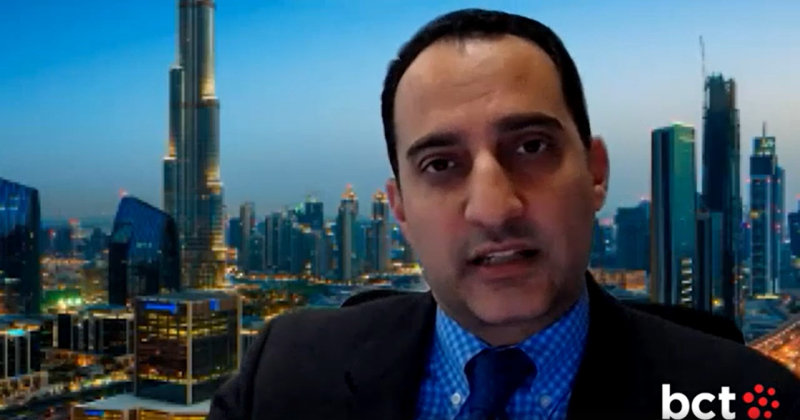

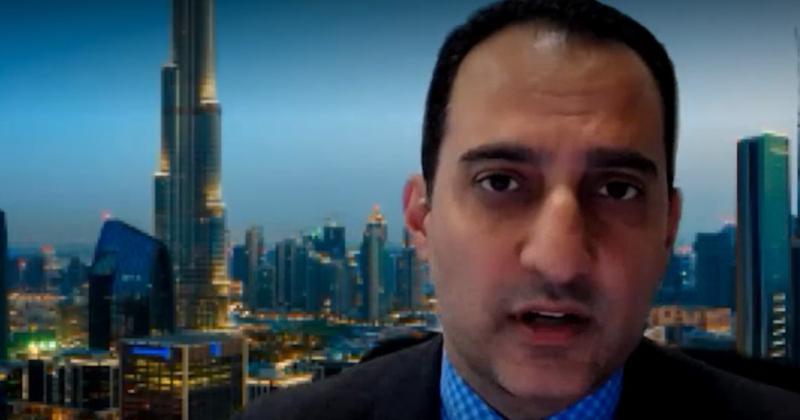
 © 2025 Mashup Media, LLC, a Formedics Property. All Rights Reserved.
© 2025 Mashup Media, LLC, a Formedics Property. All Rights Reserved.